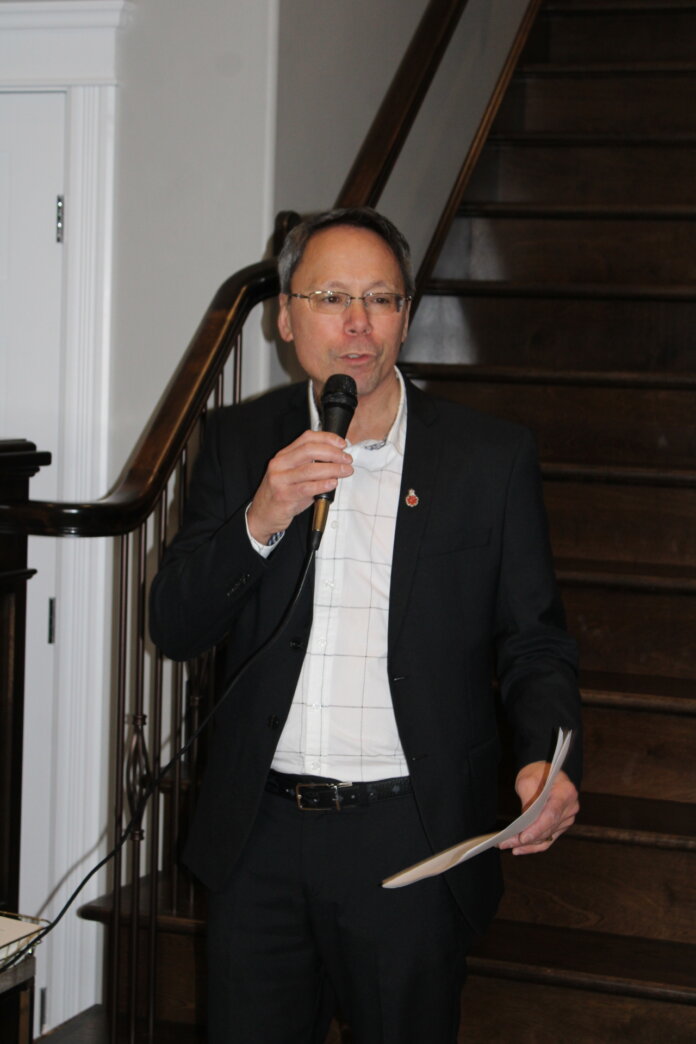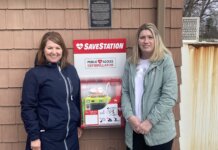FALL RIVER: N.S. is investing in training to help address under-representation of Black/African Nova Scotians in the social work field and ease pressures on the healthcare and social service systems.
Through the Africentric bachelor of social work pilot cohort program at Dalhousie University, 25 aspiring bachelor of social work professionals can learn as part of an Africentric cohort, beginning in September.
“We have a mission to grow and foster a proactive and inclusive post-secondary education system where everyone can learn, grow and thrive,” said Brian Wong, Minister of Advanced Education. “A robust and diverse social work sector is an important piece for improving healthcare.
“We’re pleased to work with African Nova Scotian leaders and the Dalhousie school of social work to create a custom learning experience that will help meet the diverse needs of many Nova Scotians.”
The part-time, three-year cohort is open to Black/African Nova Scotian learners from across the province and learners of African ancestry living in Canada.
Participants will learn from Dalhousie faculty members of African Nova Scotian/African ancestry, using curriculum developed by an Africentric bachelor of social work community-based advisory committee.
The committee includes representatives from the African Nova Scotian Decade for People of African Descent Coalition; the Delmore (Buddy) Daye Learning Institute; Dalhousie’s school of social work, faculty of health, transition year program, African Nova Scotian community engagement, and promoting leadership in health for African Nova Scotians; Department of Community Services; Association of Black Social Workers; Department of Advanced Education; Department of Health and Wellness; Nova Scotia College of Social Workers; and Africadian Empowerment Academy.
Cohort-based learning allows a group to learn and work their way through a series of courses together, offering a supportive style of learning that helps students succeed.
Quotes:
“It is the goal of our Department that children and families feel safe and respected. As we continue to build on the Department’s anti-Black racism strategy, the creation of this program at Dalhousie University is an important step, and we look forward to graduates from the program choosing us as their employer and supporting our clients in culturally appropriate and responsive ways.”
– Karla MacFarlane, Minister of Community Services.
“Many Nova Scotians from diverse backgrounds have seen or experienced discrimination, and that can make them less likely to seek out care and support when they need it. It’s so important that all Nova Scotians see themselves represented in our health professions.
“It makes our whole system stronger and it’s better for the people we serve. This new social work cohort will help us strengthen the support we offer across the province, and hopefully it will encourage more Black/African Nova Scotian young people to consider a career in this important field.”
– Michelle Thompson, Minister of Health and Wellness
“This program is designed to break down the barriers to post-secondary education for African Nova Scotians and people of African ancestry interested in becoming social workers.
“The courses will be delivered through a combination of online and in-person classes facilitating the involvement of people living in rural Nova Scotia, and/or people working.
“Tremendous appreciation is extended to the community-based advisory committee, as their knowledge and cultural expertise has driven this initiative.”
– Judy MacDonald, Director, Dalhousie school of social work
Quick Facts:
— the departments of Advanced Education, Health and Wellness and Community Services will provide a total of $175,000 each year, from 2023 to 2026, for this one-time cohort
— from 2023 to 2026, Dalhousie University will be contributing additional in-kind support of $47,000 yearly, and up to $60,000 yearly for additional financial awards to assist with tuition, books, computers or other related costs
— in October 2022, the Province announced a practical nursing cohort through Nova Scotia Community College, open to 30 Mi’kmaw learners across Nova Scotia






















